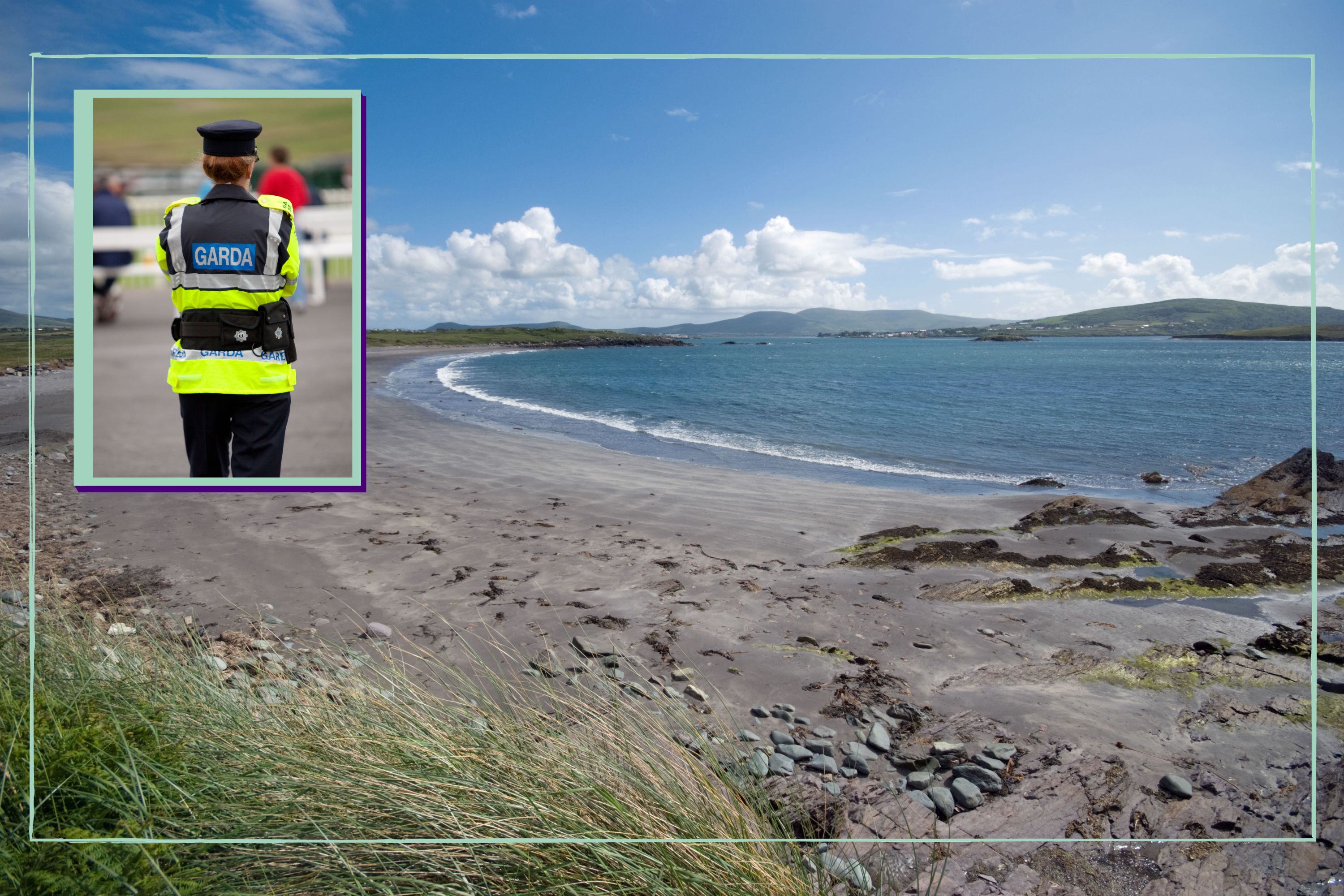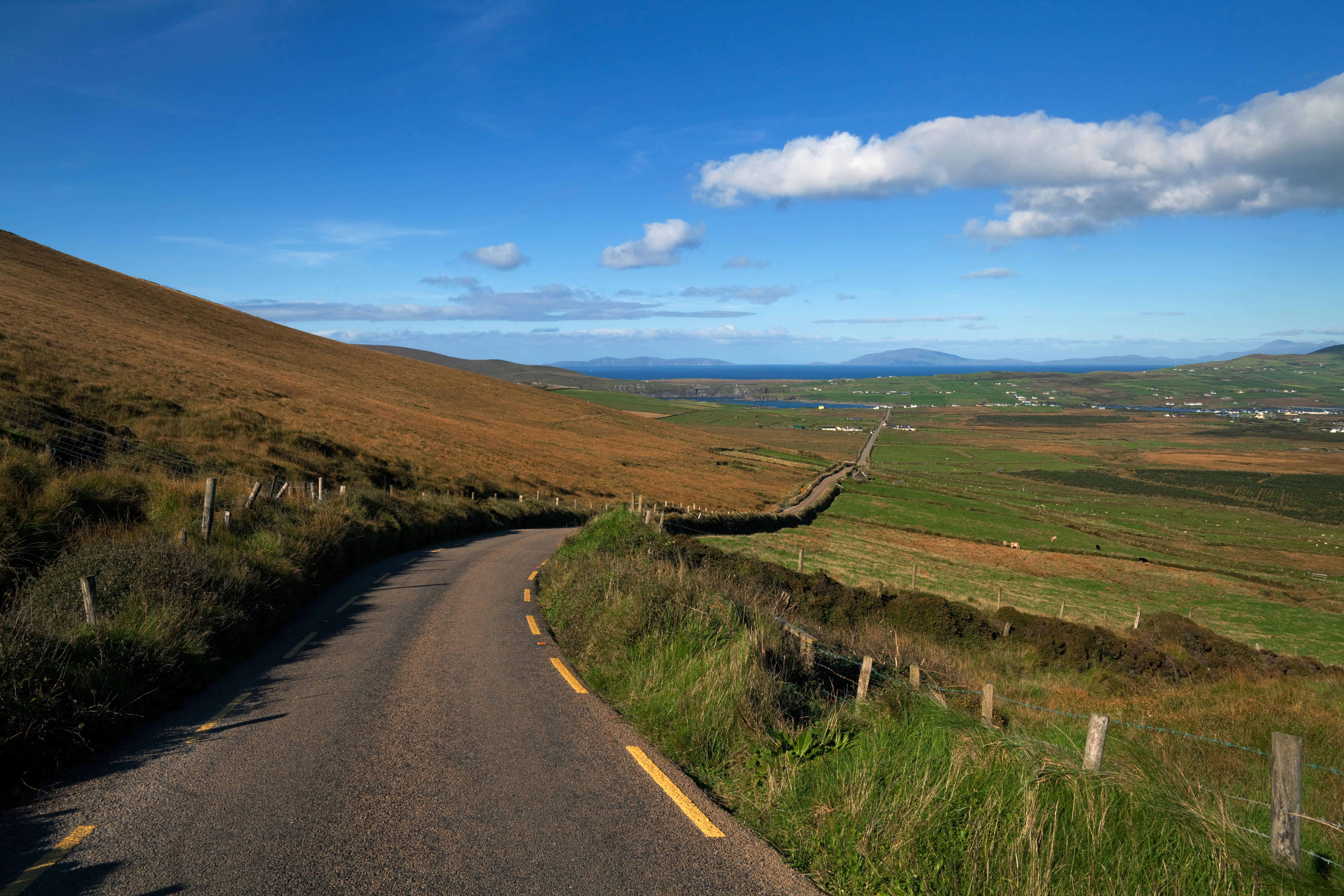
A Channel 4 documentary delves into the suffering of one single mother at the hands of the Irish police, and viewers want to know what happened to Joanne Hayes.
New Channel 4 documentary Murdered: The Baby on the Beach revisits the Kerry babies case, in which a five-day-old boy's body was discovered on a beach in County Kerry, Ireland, in 1984. The event brought shame on the then conservatively-minded Irish state, and the aftermath raised questions about the attitudes towards unmarried mothers in Ireland.
Those who watched the BBC's The Woman in the Wall, which similarly shone an uncomfortable spotlight on the treatment of vulnerable women in Irish society - against a backdrop of church control and debates on abortion - will find themselves similarly gripped by this dark tale. And the relentless pursuit of Joanne Hayes by Irish authorities has many wondering where she is now.
What happened to Joanne Hayes?
Joanne Hayes was wrongly accused of murder in the Kerry babies case. 25-years-old at the time of the investigation, she had recently given birth to her own son, who died shortly afterwards.
Joanne lived on her family's farm with her infant daughter, mother, aunt and siblings, and was in a relationship with Jeremiah Locke, who was married and had children with another woman.
By the time Joanne went into labour with her baby, she and Jeremiah were no longer together. She had kept her pregnancy a secret, and buried the baby at the farm. But she needed medical attention and went to hospital, which was when the police learned of her ordeal.
The Gardaí (the national police and security service of Ireland) claimed Joanne was the mother of both the baby she had buried at the farm and the boy found on the beach. She was charged with the murder of the baby on the beach - who became known as 'Baby John' - and forced to confess, after the Gardaí threatened to place her daughter in an orphanage.
When tests showed that Baby John had a different blood group to both Joanne and Jeremiah, the police suggested 'heteropaternal superfecundation' - an extremely rare phenomenon where a woman is pregnant with twins by two different men.
However, eventually Joanne's blood work proved that she couldn't be Baby John's father, and the police were forced to drop the charges.
This resulted in the Kerry Babies Tribunal, with the aim of examining the methods used by the Gardaí. However, lawmakers sought to preserve the reputation of the police by attacking Joanne's reputation. Her sex life was scrutinised and the tribunal was likened by many to a 'witch hunt'.
Where is Joanne Hayes now?
The current whereabouts of Joanne Hayes are unknown. However, it has been reported that following the Kerry babies case she returned home to Abbeydorney and lived a private life, out of the limelight.
In December 2020, 36 years after Baby John was found on the beach, Joanne Hayes and her family secured High Court declarations that the findings from previous investigations into the Kerry babies case were unfounded. Her solicitor said at the time, "It is Joanne's sincere hope and belief that after 36 years, the suffering a stress of this ordeal is now finally behind them all."

How much did Joanne Hayes get in compensation?
Joanne Hayes and her family eventually received a €2.5 million damages payout over her wrongful arrest and subsequent charge for the murder of Baby John, as well as her siblings' wrongful arrest and charge for the concealment of a baby.
It wasn't until 2020 that the Hayes family found justice. Though the 1985 tribunal found Joanne not to be the mother of the baby on the beach, it also absolved the police of wrongdoing and the officers central to the case were all eventually promoted.
In 2018, Joanne received a formal apology from the head of the Irish police and the Irish minister for justice. Superintendent Flor Murphy said: "On behalf of An Garda Síochána [the national police], I would like to sincerely apologise to Ms Hayes for that, as well as the awful stress and pain she has been put through as a result of the original investigation into this matter, which fell well short of the required standards."
What was the Kerry babies case?
In April 1984, a newborn baby boy was found dead on White Strand beach in County Kerry, Ireland. The ensuing police investigation brought the rights and treatment of women in Ireland under the spotlight.
The Gardaí began to profile the women of childbearing age in the nearby town of Cahersiveen. Catherine Cournane, who was 15 at the time of Baby John's murder, recalled to CNN being stopped by the police and asked if she had a boyfriend.
When she said no, they asked if she knew anyone who did have a boyfriend, and if any of those women had been pregnant or had an affair with a married man.
At the time, condoms required a prescription and birth control pills were available only to married women if they were able to find a doctor to prescribe them. Meanwhile, divorce was still illegal. These factors set the backdrop for the Kerry babies investigation.
Joanne Hayes was arrested and charged with the murder after police found out that she had recently given birth out of wedlock. The Gardaí were relentless in their quest to prove Joanne was the mother of Baby John, even suggesting that she had become pregnant simultaneously by two different men and killed both babies, or that Baby John's blood type had changed due to decomposition.
Eventually, the Gardaí were forced to drop the charges against Joanne due to a lack of evidence.
In 2018, the Gardaí announced a cold-case review into Baby John's death, and in 2021 the baby's remains were exhumed for further examination, before being reinterred the same day.
In March 2023, a man in his 60s and a woman in her 50s were arrested on suspicion of the murder of Baby John. However, their solicitor has since revealed that they have had no further contact with the police since their arrest. Baby John's killer has never been found.
In other true crime news, we've taken a look at where Alex Murdaugh is now, the killer from Netflix's Murdaugh Murders, as well as where Ben Field is now, from the BBC's The Sixth Commandment, and whether a conviction was ever secured for his suspected accomplice, Martyn Smith.







